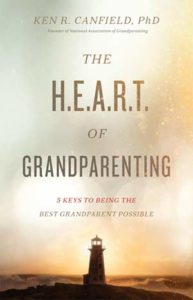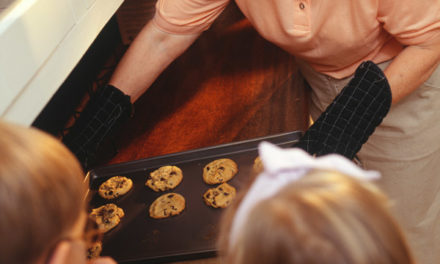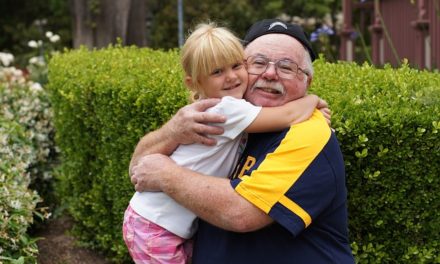by Dr. Ken Canfield
When I was growing up, I was always looking for ways to express my individuality, and during my teen years, that perspective got me into a lot of trouble with my father and other authority figures. To say my relationship with my dad was difficult would be a huge understatement.
When I was fourteen, I had a driving permit that allowed me to go to school and back, and I had the use of a car. Combine that with my disrespect for authority and my live-on-the-edge personality, and of course trouble was soon to come. It came in a big way one afternoon during my sophomore year in high school when I skipped class and went for a drive. I found a country road, rolled down the window, and went exploring.
I was a young, inexperienced driver on a narrow, bumpy road, and I soon found myself off the road and in a ditch. I was unharmed, but the ditch was filled with water from a recent storm, so the car was deeply mired in mud. I could barely open a door to get out.
Questions raced through my teenage mind as I walked to the nearest farmhouse: What could I do? How could I hide this from my dad and avoid a harsh punishment? It didn’t take me long to realize what I needed to do:
When the pressure was on, I knew I could always call my Granddad.
I was his first grandchild, and we had a special connection. I knew he would come to my rescue without a lecture or punishment. Both would undoubtedly come at home, but I could deal with that later if I had to.
I caught Granddad at work and explained what had happened and where I was. “Can you come help me?” I asked.
Granddad didn’t ask, “What were you thinking?” or “How could you let this happen?” or “Why weren’t you in school?” He went by the house to pick up my grandmother and some chains, and somehow we managed to pull my car out of the ditch. It was muddy almost up to the windows, but undamaged.
As we unhooked the chains from the cars, he said, “I guess you better head on home now.”
“You’re not going to tell Dad about this, are you?” I asked him.
“No,” he said. “I’ll let you do that.”
It was a wise answer. Clearly, if I didn’t tell my dad what happened, Granddad would. He was there to help me out of a tough situation, but he would not let me escape the consequences of my irresponsibility. He also showed respect for my father’s role even though he knew our relationship was difficult.
Sometimes being a grandparent puts us in those situations, where we have opportunities to love and care for our grandkids while also steering them toward a life lesson or gently challenging them to do what’s right. When they mess up, it does them no good if we allow them to escape the natural consequences of their actions.
One of the great things about being a grandparent is being able to build a great relationship with our grandkids and be angels of comfort and protection in their lives, without having to be part of all the hard stuff. (We got plenty of that as parents—and some of us are still facing those challenges as we raise our grandkids.) Still, wisdom will usually lead us to support the parents and respect their position in our grandkids’ lives.
How have you handled your grandkids’ mistakes? And how have you navigated the desire to love your grandkids AND support their parents? Please share your ideas and see what else we’re up to at our Facebook page.
This was adapted from Dr. Ken Canfield’s book, The HEART of Grandparenting. Find out more and get your copy here.






